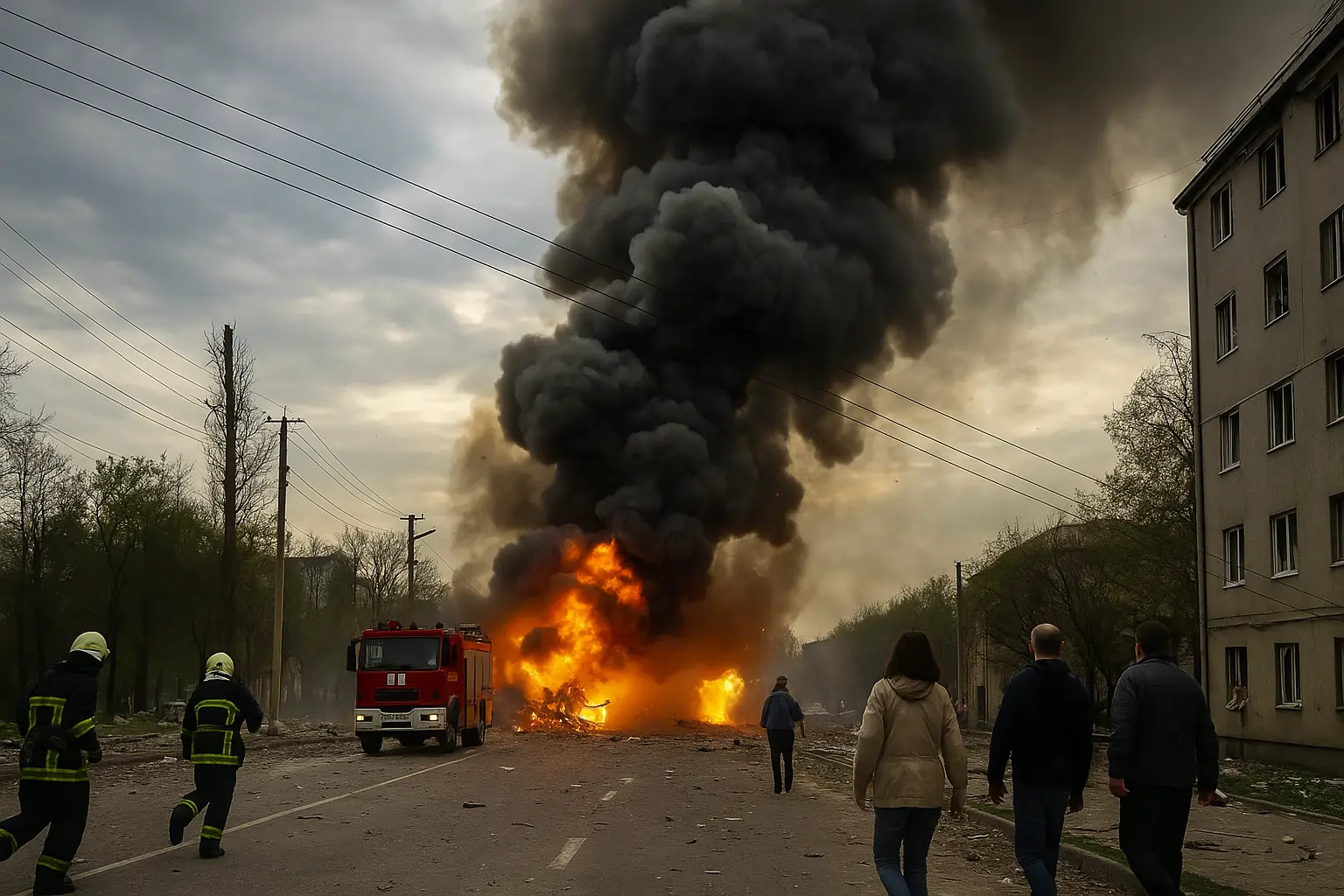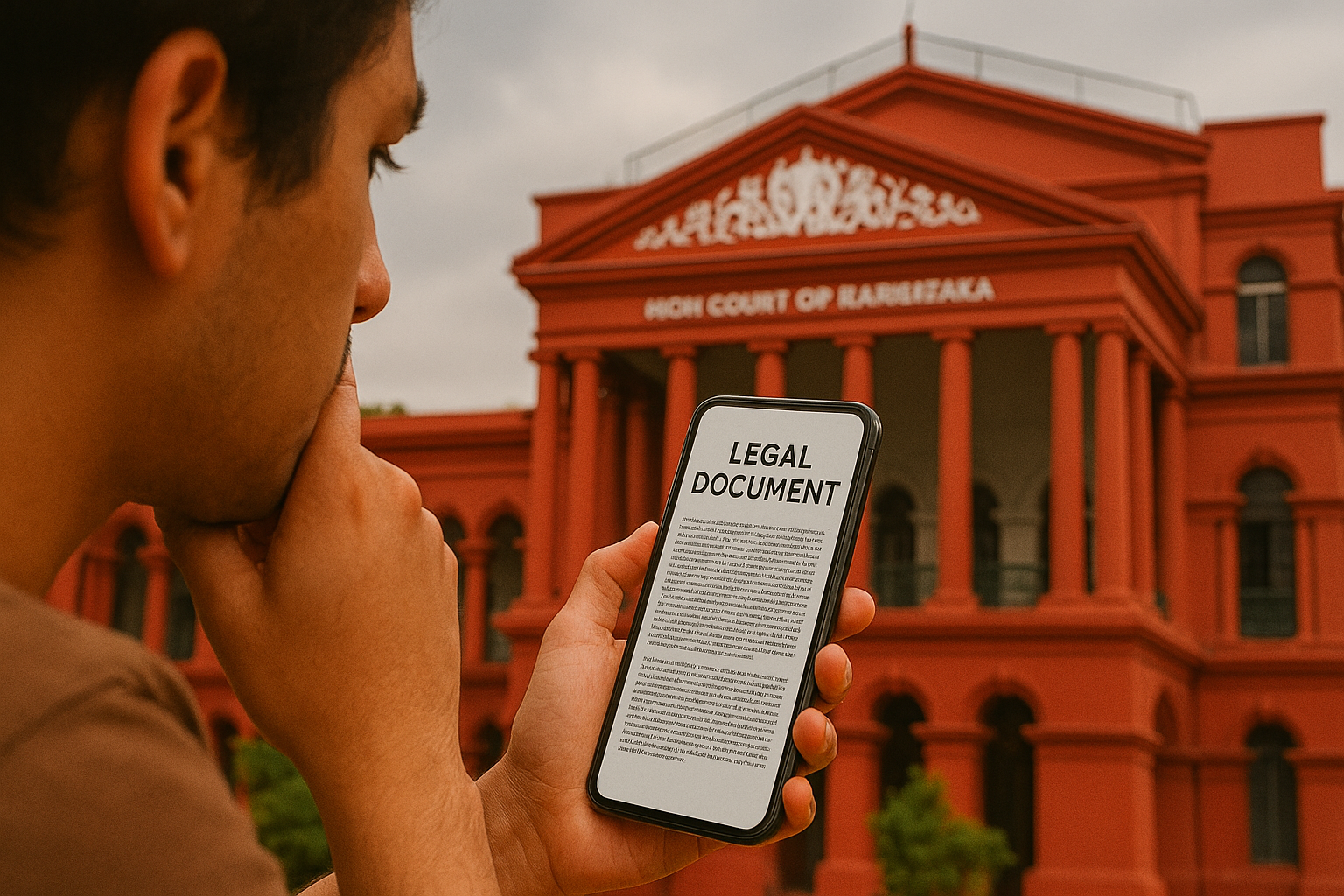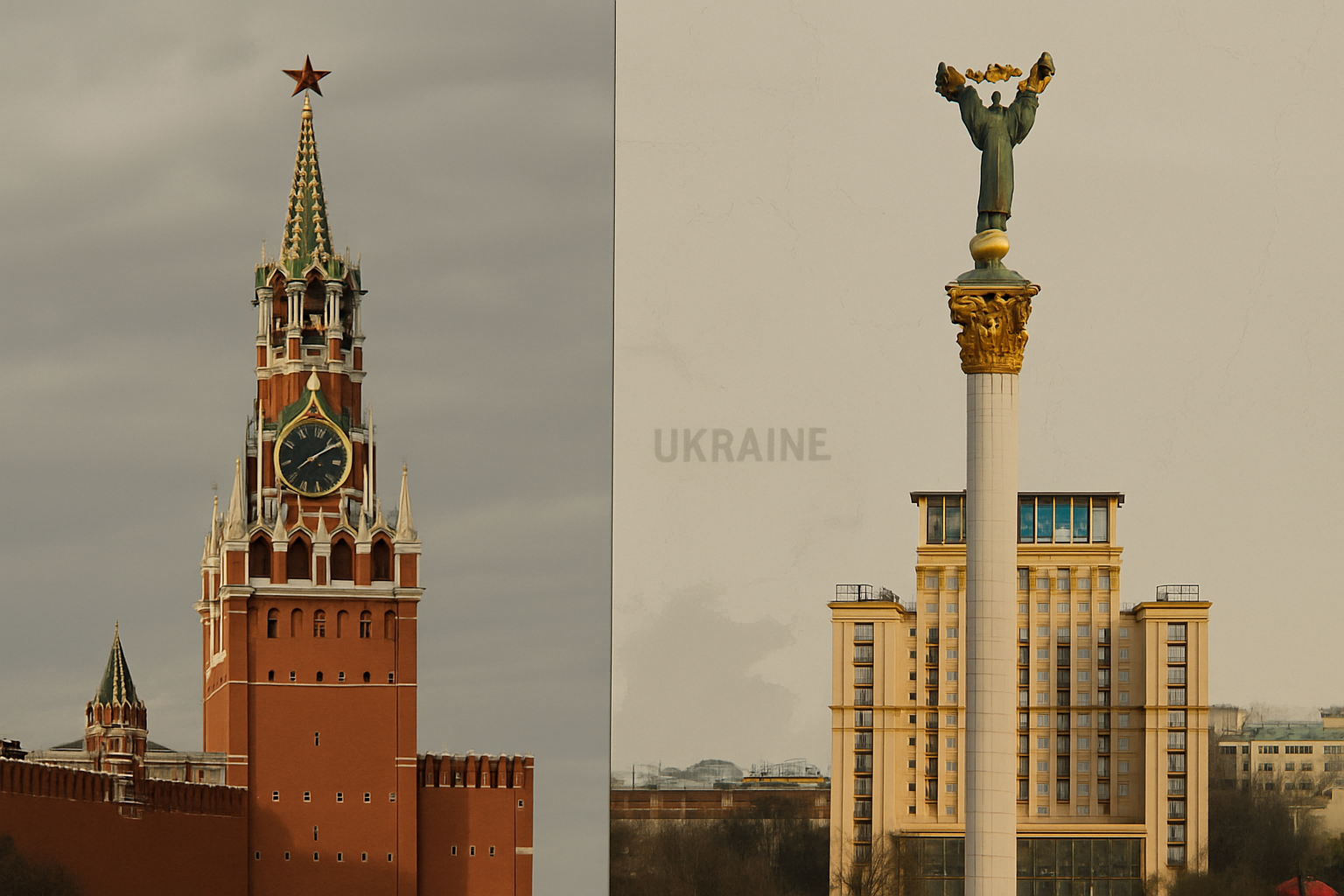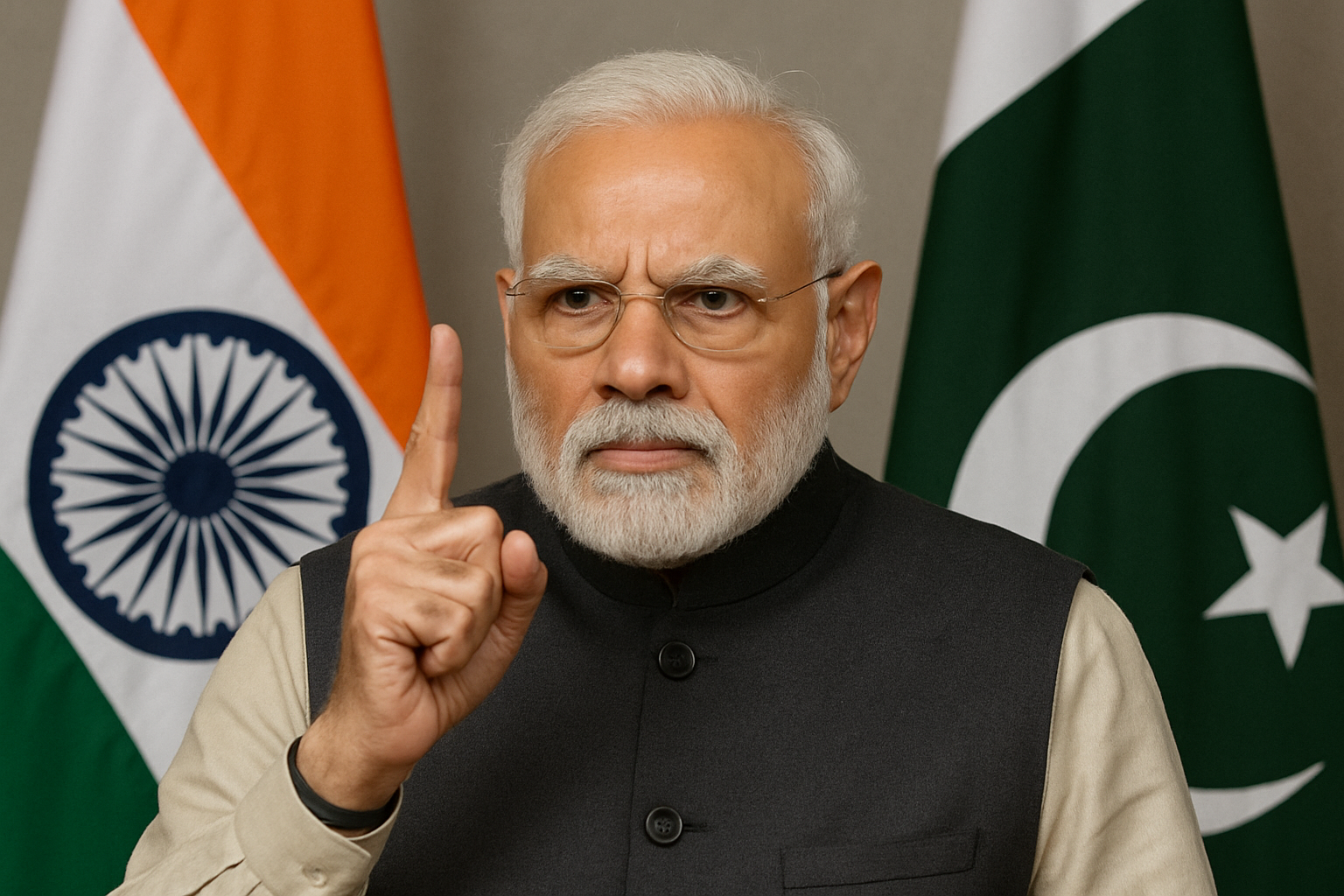New Delhi, May 11, 2025 — Asaduddin Owaisi, the President of the All India Majlis-e-Ittehad-ul-Muslimeen (AIMIM), has strongly condemned Hafiz Abdur Rauf, a man recently designated as a terrorist by the United States, for his public mourning of militants killed in Pakistan. Owaisi’s sharp remarks come after Rauf, known for his controversial statements and affiliations, offered prayers for the terrorists who lost their lives during recent military confrontations in Pakistan.
Owaisi Castigates Rauf’s Loyalty
In a statement on X (formerly Twitter), Owaisi was concerned about Rauf’s actions, stating, “It is alarming to see someone like Hafiz Abdur Rauf, who has been rightfully designated as a terrorist by the United States, showing public solidarity with people who want to cause harm to innocent lives. Praying for terrorists only serves to further the agenda of hate and violence that imperils peace and security in the region.”
The U.S. Department of State has recently labeled Hafiz Abdur Rauf as a terrorist for his role in planning and facilitating terrorist operations on the Indian side of the border. Rauf has been associated with various terror attacks on Jammu and Kashmir, and his close association with militant groups has earned him a controversial reputation.
Terrorism and its Impact on Indo-Pak Relations
Rauf’s actions of praying for slain militants, some of whom were believed to have been involved in orchestrating attacks in both India and Pakistan, have drawn widespread criticism. India has long accused Pakistan of supporting and sheltering terrorist groups, and Owaisi’s remarks come amid heightened concerns over the continuous cross-border terrorism and instability in the region.
Owaisi also added, “It is imperative that the world understands connections between individuals like Rauf and the terror establishment which still harasses South Asia. It’s not only a political position but also a tacit approval of extremism and violence when one condemns the assassination of terrorists.”
Owaisi Calls for Stronger Action Against Terrorists
The AIMIM leader called on the international community to act firmly against the likes of Hafiz Abdur Rauf, observing that such individuals pose an existential threat to peace in the subcontinent. He also reaffirmed the call for increased international cooperation to fight terrorism, demanding continuous pressure on Pakistan to stop its patronage of terrorist organizations.
Owaisi emphasized that Pakistan’s inability to act decisively against terror groups not only destabilizes the region but also puts innocent citizens in both India and Pakistan at risk.
Indian Response and Continued Vigilance
Owaisi’s comments reflect growing frustration within India, especially with recent developments surrounding Pakistan-based terrorist activity. The Indian government has consistently criticized Pakistan’s inability to act decisively against terrorist groups operating within its borders, and Owaisi’s remarks echo these concerns.
Whereas India has always emphasized its position of not desiring war, it has made it very clear that terrorism is unacceptable, particularly from organizations sponsored or sheltered by neighboring countries. The Indian armed forces have been firm in their approach, as seen in Operation Sindoor, which bombed major terror camps along the border.
Conclusion
Owaisi’s condemnation of Hafiz Abdur Rauf serves as a stark reminder of the ongoing terrorism-related tensions that have persisted between India and Pakistan for decades. His call for international accountability, as well as his sharp criticism of Rauf’s actions, underlines the urgency with which South Asia must address the root causes of extremism and violence in the region. As developments in the situation unfold, India’s stand is clear — terrorism cannot be permitted to shape the future of the region.
Also read:
India Pakistan Ceasefire: India Pakistan came on ceasefire statement, know what to say






